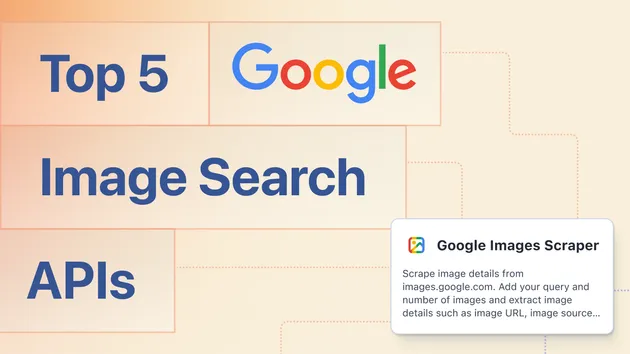AI Image Beautifier & Object remover 🎨
Pricing
$4.00 / 1,000 ai image processings
AI Image Beautifier & Object remover 🎨
🎯 AI-Powered Image Object Remover - Seamlessly eliminate unwanted objects from photos with advanced ML! 📸✨ Features natural background reconstruction & intelligent color matching. Perfect for e-commerce, photography & marketing. 🚀 Simply describe what to remove and let AI do the magic!
Pricing
$4.00 / 1,000 ai image processings
Rating
0.0
(0)
Developer

Powerful Bachelor
Actor stats
0
Bookmarked
14
Total users
0
Monthly active users
9 months ago
Last modified
Categories
Share



